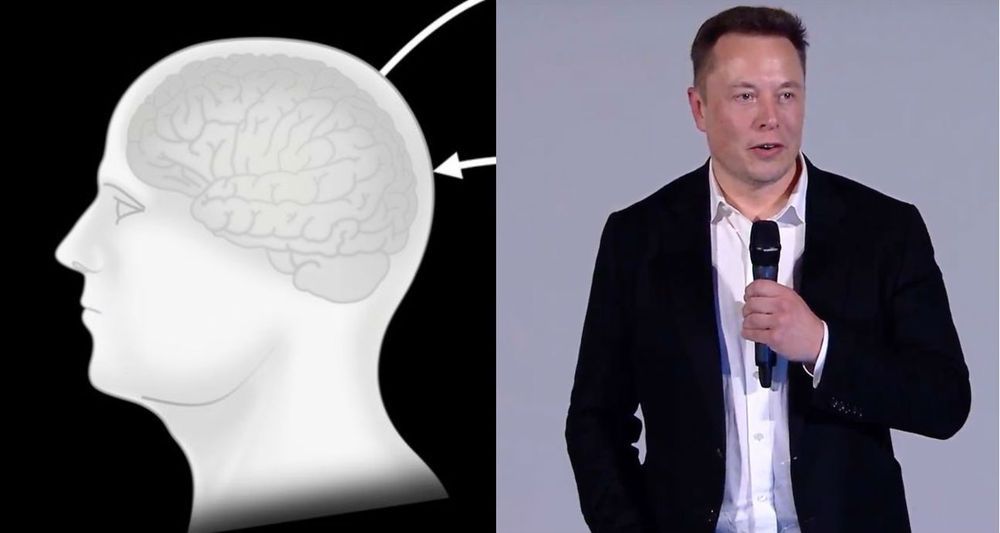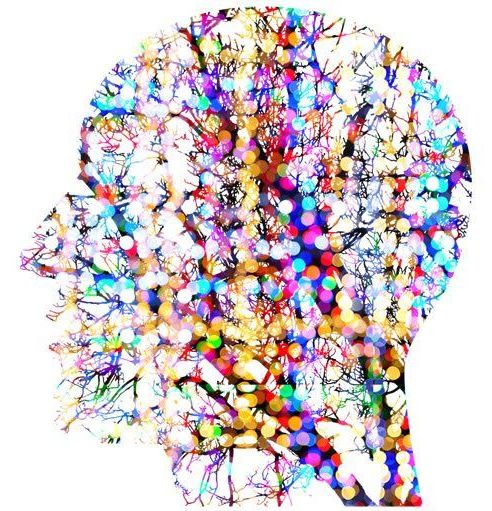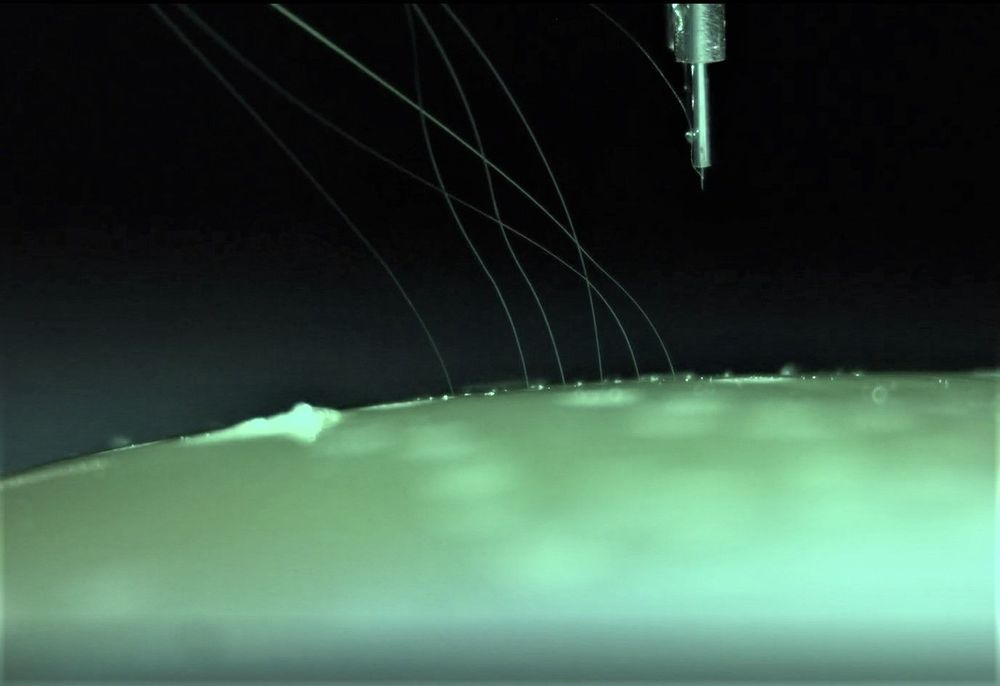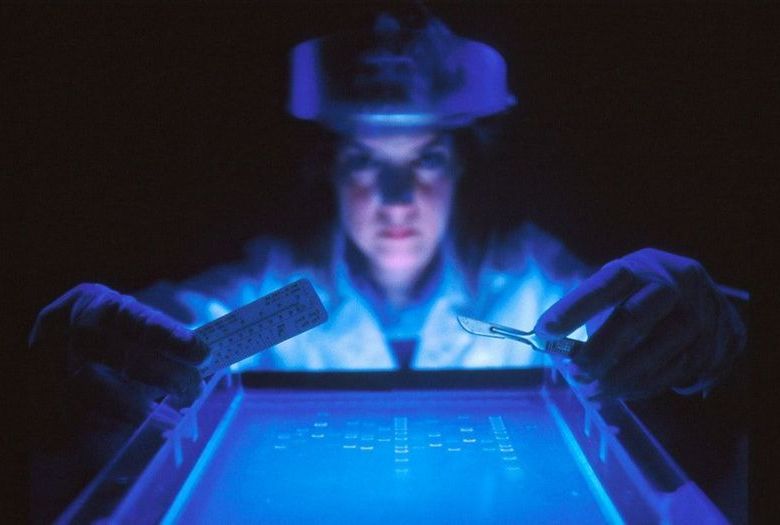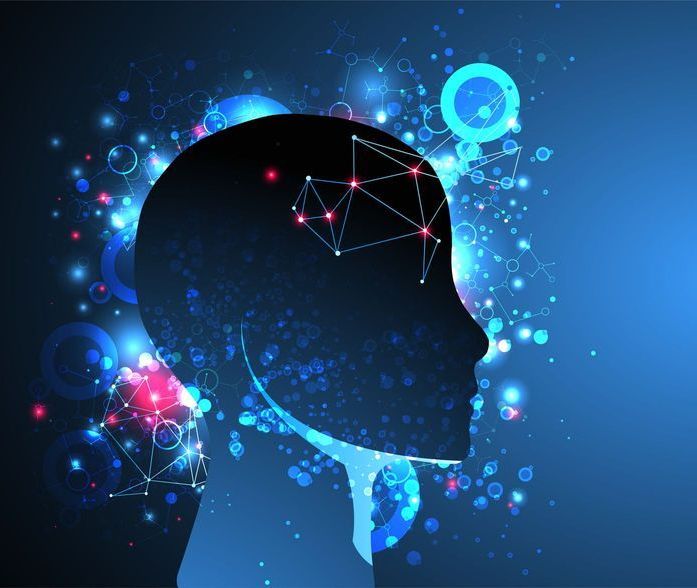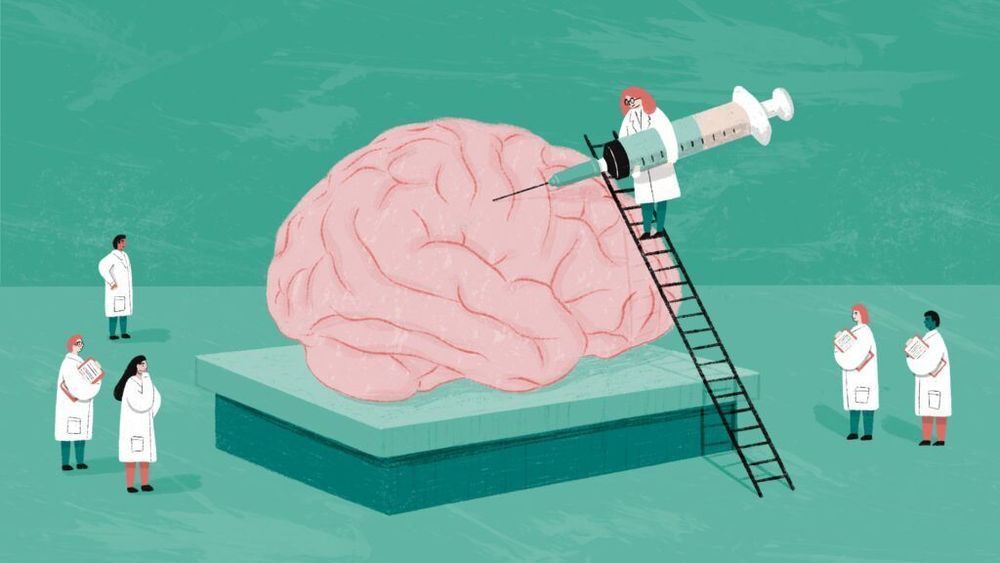Elon Musk’s brain-machine interface company, Neuralink, has an event scheduled for later this week to update the public on its progress since last year’s presentation. While the agenda is speculative for the most part, one expectation is a live demonstration of neuron activity.
“Will show neurons firing in real-time on August 28th. The matrix in the matrix,” Musk tweeted at the end of July.
He also revealed a few other clues about the early fall announcement at the beginning of the year. “Wait until you see the next version vs what was presented last year. It’s *awesome*,” he wrote in February. “The profound impact of high bandwidth, high precision neural interfaces is underappreciated. Neuralink may have this in a human as soon as this year. Just needs to be unequivocally better than Utah Array, which is already in some humans & has severe drawbacks.”
